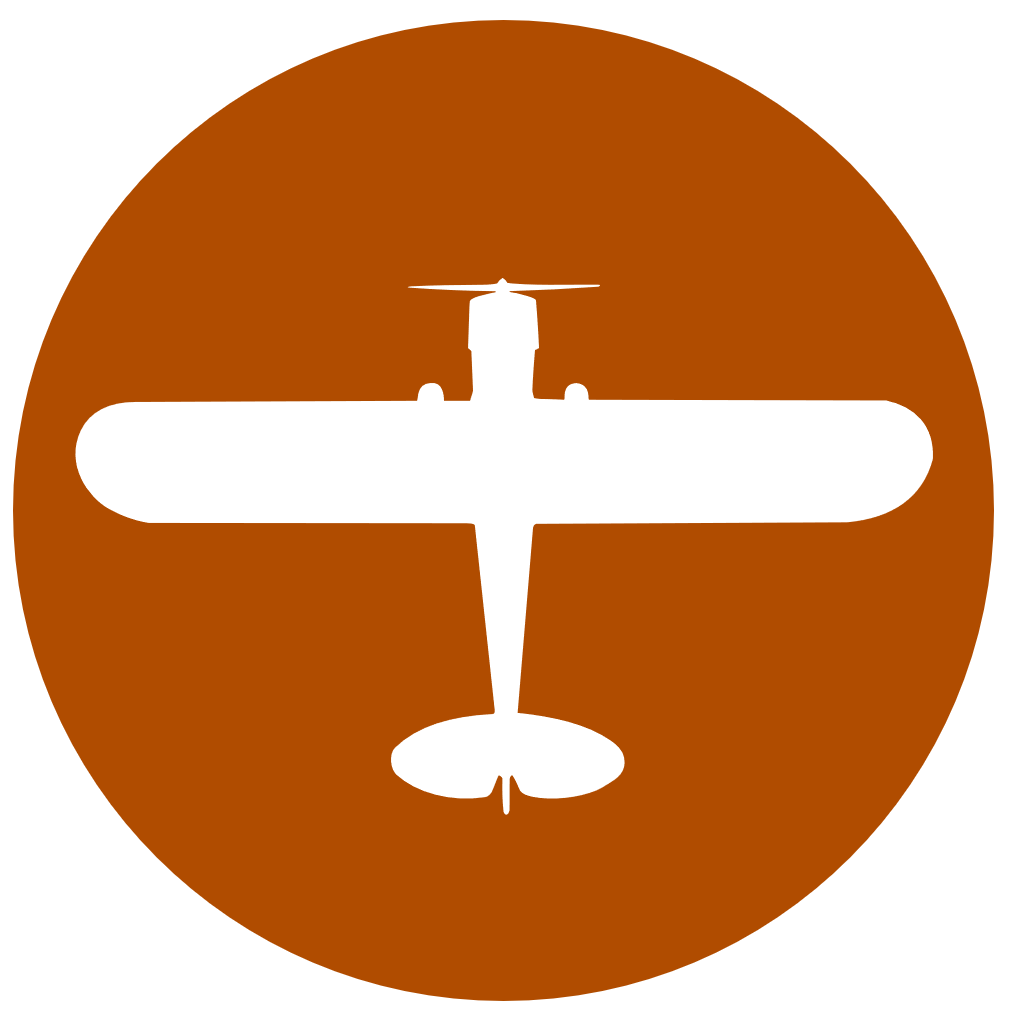Description
CLOSED!!
This from the Utah Backcountry Pilots Association website:
"Zahn's Camp airstrip is NOT open to air operations--may have obstructions Updated: Tuesday, May 20, 2008
At this time there are NO backcountry airstrips within the Glen Canyon Recreation Area that are open to aviators. UBCP realizes that there is a considerable amount of confusion surrounding the airstrips within the GCNRA, and Zahn's specifically. A prominent guidebook does not mention it, BUT neither does any map available to the public from the Rec. Area mention it. That doesn't change the fact that Zahn's is NOT open. Please take note and help to spread the word. Additionally, unconfirmed reports state that the Park Service has taken steps to render the surface at Zahn's unusable. This may entail ditching or obstruction placed on the strip. UBCP does not know if universal "X's" have been placed on the strip to alert aviators, or if the obstructions are visible from the air. Further use of this strip may be dangerous and have legal consequences for those involved and reflects poorly on responsible Utah backcountry pilots everywhere."
Runway
-
Length
1190
-
Width
30
-
Surface
HARD SAND
Details
-
Facility ID
No ID 020
-
Elevation
3774
-
CTAF
122.9
-
State
UT
Location
Lat: 37.22222222222 , Long: -110.55000000000 - UTAH, USA








Add a review